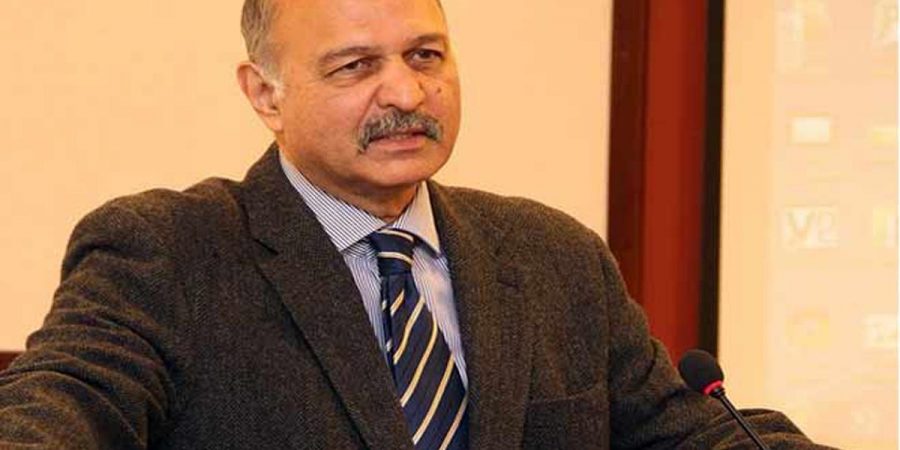CPEC resolved energy crisis, revived Gawadar & Thar projects: Mushahid

ISLAMABAD, APR 24 (DNA) – Islamabad Policy Institute (IPI) on Wednesday called for comprehensive structural reforms in Pakistan’s governance, industrial infrastructure, economy, and energy sector to maximally benefit from the next stage of China Pakistan Economic Corridor (CPEC) related cooperation with China.
These reforms are required to stabilize the fiscal balance of payment, put in place a mechanism to ensure timely payments to Chinese operators of newly installed power plants, and also to address bottlenecks in realizing up-gradation of ML-1 project and setting up of SEZs in Pakistan, the think tank said.
The recommendations were made in a report titled ‘BRI & CPEC: Venturing into the Future’ published by IPI, an Islamabad based think tank, on the occasion of the second Belt and Road Forum (BRF) being held in Beijing from April 25 – 27. The publication further coincides with the anniversary of CPEC launch.
This special report gives a background of the BRI, its vision and elements including brief introduction of overland and maritime corridors.
It also brings out areas of policy collaboration; gives an overview of the first BRF, its outcomes and also provides an introduction of the second BRF.
The report delves into the progress made under CPEC and explores strategic, development and regional dynamics associated with CPEC and the challenges confronting Pakistani policy-makers in timely and successful operationalization of CPEC projects and routes.
The report further looks into the current state of cooperation in all sectors and also charts likely course of CPEC’s evolution in short-to-medium term. It gives a set of recommendations for Pakistani and Chinese policy-makers as CPEC enters the next stage with an expanded scope.
Chairman Senate Foreign Relations Committee Senator Mushahid Hussain Sayed, who has penned the foreword of the report, said: “CPEC has resolved Pakistan’s chronic energy crisis, revived dead projects like Gwadar Port and Thar coal, given gainful employment to 7000 Pakistanis. Furthermore, CPEC is uniting the Federation of Pakistan, bringing together the less developed areas in the quest for a better tomorrow.”
IPI Executive Director Prof Sajjad Bokhari said: “The economic cooperation under CPEC is vital as the project is both an engine of growth and of strategic importance. To be successful, multi-dimensional cooperation should go beyond energy and infrastructure projects to address human resource requirements, as well as training and skill development in order to achieve improved connectivity”.
Report author Faisal Ahmed noted that CPEC can prove to be a driver of economic development of Pakistan after decades of neglect.
“It enables Pakistan to catch-up with leading regional economies.” He believed that CPEC can only be successful through prudent policy-planning and implementation.
Enhanced communication between Islamabad and Beijing is crucial for addressing bottlenecks and challenges arising from time to time, he recommended.=DNA
Related News

RCCI president urges US-Pakistan economic partnership push
RAWALPINDI, FEB 21 /DNA/ – President of the Rawalpindi Chamber of Commerce & Industry (RCCI),Read More

ICCI stands shoulder to shoulder with young entrepreneurs: Sardar Tahir Mehmood
ISLAMABAD, FEB 20: /DNA/ – The Islamabad Chamber of Commerce and Industry (ICCI) hosted theRead More


Comments are Closed